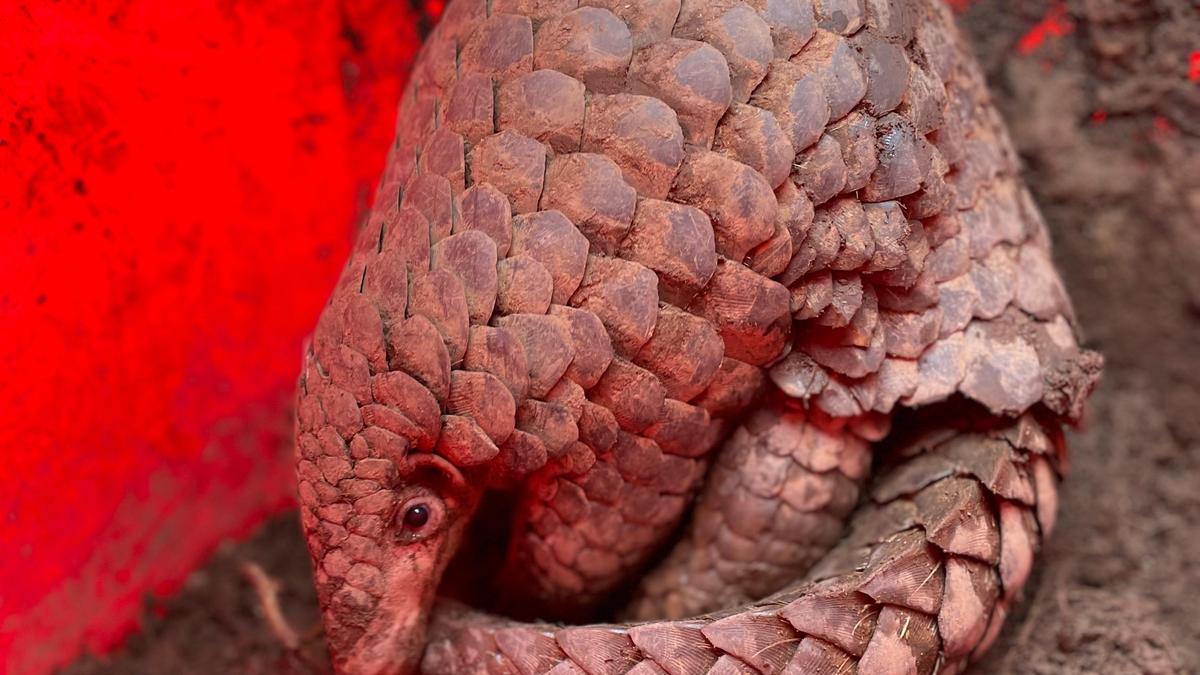
ZSI scientists discover new species of Indo-Burmese pangolin
The Hindu
ZSI scientists discover new Indo-Burmese pangolin species diverged from Chinese pangolin 3.4 million years ago, highlighting conservation urgency.
Scientists of the Zoological Survey of India (ZSI) have identified a new species of Indo-Burmese pangolin (Manis indoburmanica) that diverged from the Chinese pangolin (Manis pentadactyla) approximately 3.4 million years ago.
The development of the species was likely influenced by dramatic geoclimatic changes in the Indo-Burma region, which is recognised as one of the world’s biodiversity hotspots. The details of the discovery was published in the paper ‘Indo‐Burmese pangolin (Manis indoburmanica): a novel phylogenetic species of pangolin evolved in Asia’ in international peer-reviewed journal Mammalian Biology.
“With the present findings, we advocate recognition of this novel lineage as Indo-Burmese pangolin, Manis indoburmanica - a distinct phylogenetic species of Asian pangolin. This lineage’s unique evolutionary history and genetic distinctiveness, highlighted by its divergence approximately 3.4 million years ago amid significant paleo-climatic shifts, underline its vulnerability and the critical need for targeted conservation measures,” the paper stated.
The discovery was led by a team of scientists led by Mukesh Thakur of the ZSI who used cutting-edge genomic tools to analyse mitochondrial genomes.
“This discovery is a testament to the power of modern genetic tools in uncovering hidden diversity. The Indo-Burmese pangolin not only enriches our understanding of Asian pangolins but also emphasises the need for region-specific conservation efforts,” Dr. Thakur said.
Lenrik Konchok Wangmo, a PhD scholar at the University of Calcutta and a key contributor to the discovery, played a vital role in identifying the holotype and paratype specimens from Arunachal Pradesh. “This species adds a new dimension to pangolin conservation, highlighting the importance of protecting their habitats from threats like poaching and habitat degradation,” Mr. Wangmo said.
The study was based on genetic analyses of specimens that confirmed that the Indo-Burmese pangolin diverged from the Chinese pangolin around 3.4 million years ago.

 Run 3 Space | Play Space Running Game
Run 3 Space | Play Space Running Game Traffic Jam 3D | Online Racing Game
Traffic Jam 3D | Online Racing Game Duck Hunt | Play Old Classic Game
Duck Hunt | Play Old Classic Game




